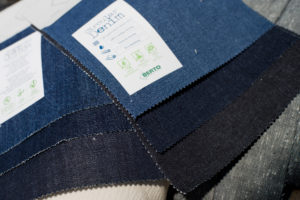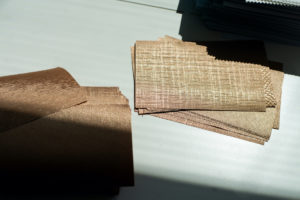CID and Control Union assist companies with textile certifications
Since March 2021, Consorzio Detox has signed an agreement with the international certification body Control Union to support companies in the certification process of their products. The aim is to simplify the process for obtaining textile sustainability certifications by companies belonging to CID.
The first step of this path is the possibility of obtaining or renewing the FSC certificate through Consorzio’s assistance. There is also a reduced price for CID member companies that decide to acquire the FSC, GRS, GOTS, RCS, OCS, or RWS certification.

CID’s commitment to enhancing sustainable and traceable textiles
Thanks to this new service, Consorzio Detox is always closer to the needs of its companies. This service is in addition to the agreement signed with Techinn for the support of sustainable innovation.
Since its inception in 2016, and even more so today, the approach of CID is to enhance textile productions based on sustainability and traceability as an added value of Made in Italy. A commitment that also goes from supporting companies to obtaining certifications.

What is the Fsc certification?
Fsc is the certification that promotes responsible forest management in the world. For companies in the fashion sector, owning an FSC certificate means increasing competitiveness in a market that is increasingly attentive to the sustainability of all suppliers in the supply chain.
Today, responding to customer needs requires differentiating in the attention to the sustainable origin of the raw material, too. Ensuring sustainable forest material is an element of strength that certifies commitment to respect the environment and attention to the future.

Textiles and sustainable forest management
The FSC – Forest Stewardship Council certification is increasingly in demand in the textile sector. Like many other certifications for the textile industry, it helps companies undertaking sustainability paths, also appreciated by the final consumer.
FSC also supports the fashion industry in different phases of the supply chain, such as finding solutions to the problems of textiles and cellulose fiber products and sustainable management of the world’s forests.

